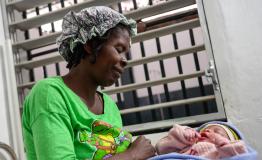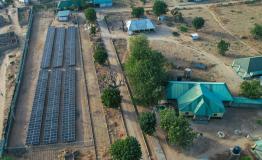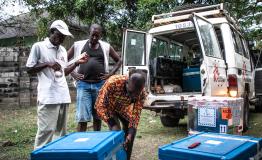

We provide emergency medical care where it is needed most
Médecins Sans Frontières (MSF) translates to Doctors without Borders. We provide independent, impartial medical humanitarian assistance to the people who need it most, regardless of who they are, where they come from, and their political or religious beliefs.
In Focus
Latest
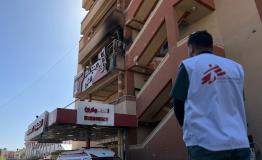
MSF condemns Israeli strike on Nasser hospital in Gaza, calls for protection of health facilities
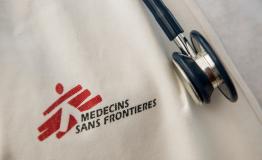
MSF delivering lifesaving care in Upper Nile State amid ongoing violence and cholera outbreak
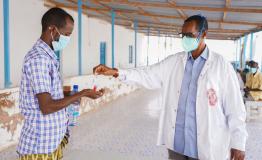
What It’s Like to Be a Patient with Tuberculosis in Somalia?
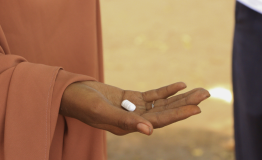
Dadaab, Kenya: MSF completes Mass Drug Campaign to tackle Schistosomiasis in Dagahaley Refugee Camp
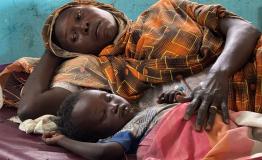
Over 2,700 Cholera Patients Treated, 92 Dead in MSF-Supported Facility in Sudan’s White Nile State
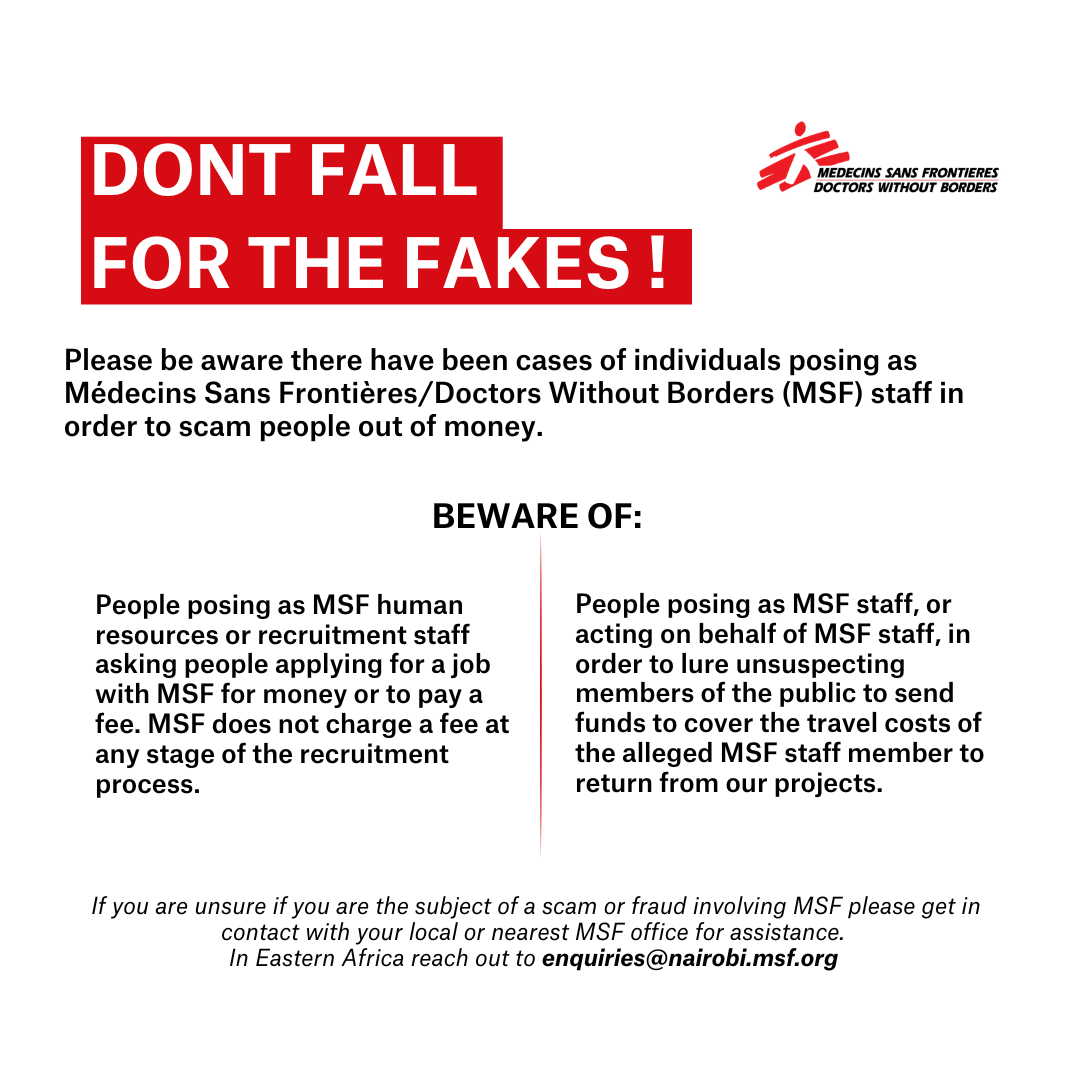
DO NOT FALL FOR THE FAKES
msf.or.kePlease be aware there have been cases of individuals posing as Médecins Sans Frontières/Doctors Without Borders (MSF) staff in order to scam people out of money.
Beware of:
❗Fake Recruiters: Asking job applicants to pay fees.
❗False Fund Requests: Luring people to send money for travel costs.
❗Detention Scams: Claiming to need money for release from detention.
❗Medical Fraud: Requesting money for fake medical procedures.
❗Public Collection Scams: Pretending to collect money on behalf of MSF.
Need clarification on a vacancy? Please reach out to us via inbox or email: recruitment@nairobi.msf.org.
MSF does not charge any fees for recruitment or training, be wary of job scammers
Where We Work
Our global network of professionals provides medical humanitarian care in more than 70 countries, adapting to the needs and realities of our patients to save lives and ease their suffering.

